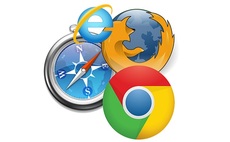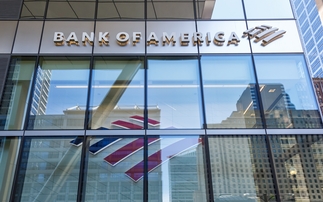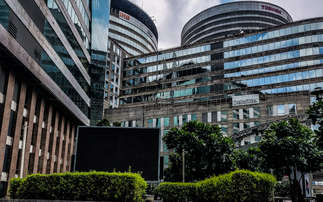Vice president of the European Commission for the Digital Agenda says broadband and wireless technology will help lift Europe out of the economic crisis
Vice president of the European Commission for the Digital Agenda Neelie Kroes has said she wants every European to have 30Mbit/s internet access by 2020. Speaking at Mobile World Congress in Bar...
To continue reading this article...
Join Computing
- Unlimited access to real-time news, analysis and opinion from the technology industry
- Receive important and breaking news in our daily newsletter
- Be the first to hear about our events and awards programmes
- Join live member only interviews with IT leaders at the ‘IT Lounge’; your chance to ask your burning tech questions and have them answered
- Access to the Computing Delta hub providing market intelligence and research
- Receive our members-only newsletter with exclusive opinion pieces from senior IT Leaders























